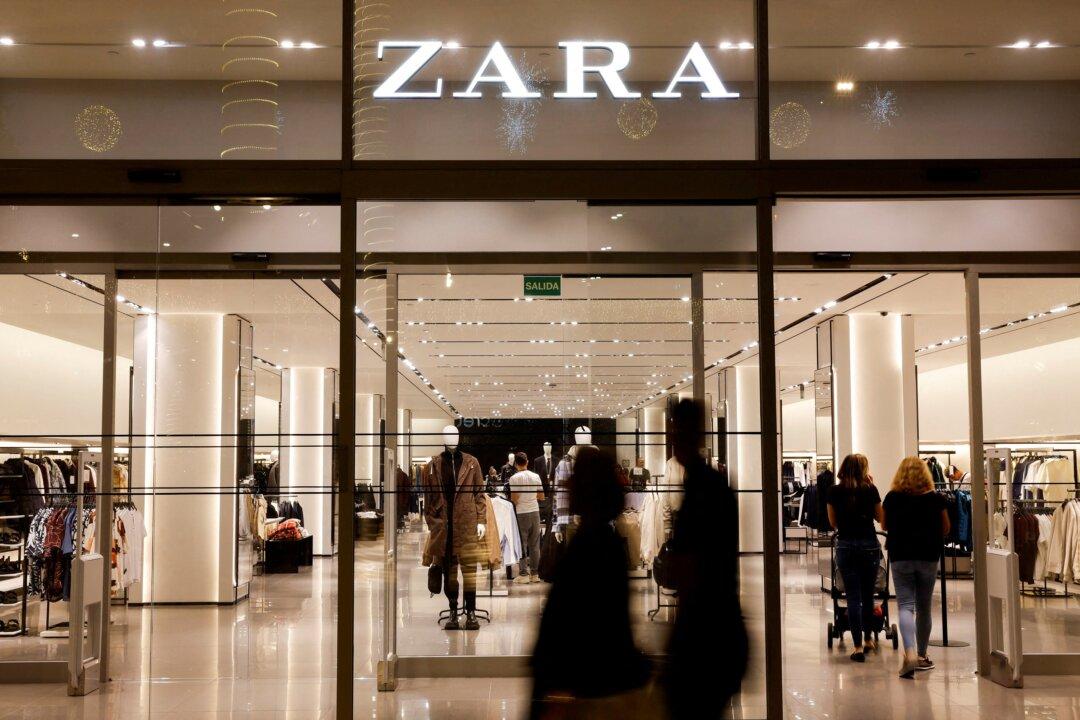A Canadian human rights watchdog has issued an initial assessment report regarding Zara Canada’s supply chain associations with Chinese firms accused of using forced labour from the Uyghur community in China.
The Canadian Ombudsperson for Responsible Enterprise (CORE) said its investigation is a result of complaints filed by a coalition of 28 Canadian organizations in June 2022. These complainants alleged that Zara Canada, dating back to before May 1, 2019, has been implicated in the use of forced labour from Uyghurs through its suppliers: Huafu Top Dyed Melange Yarn Co. Ltd., Shandong Zoucheng Guosheng, and Xinjiang Zhongtai Group.





